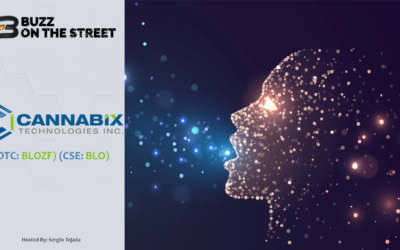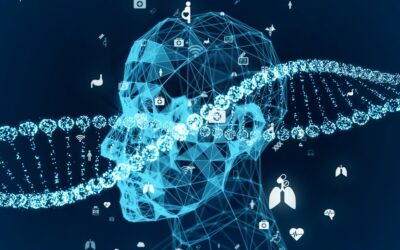Artificial Intelligence (AI) has had a profound impact on the future of automation, revolutionizing various industries and processes. Here are some key ways in which AI has shaped the future of automation:
- Enhanced Efficiency and Productivity: AI-powered automation systems can perform repetitive tasks with greater accuracy and speed than human workers. This leads to increased efficiency and productivity in various industries, such as manufacturing, logistics, and customer service.
- Predictive Analytics and Maintenance: AI algorithms can analyze large amounts of data to predict equipment failures or maintenance needs. This predictive maintenance approach helps companies avoid costly downtimes and optimize their maintenance schedules.
- Robotic Process Automation (RPA): AI-driven robots and software bots can handle rule-based tasks across various domains, including data entry, invoice processing, and customer support. RPA enables organizations to streamline processes and reduce manual errors.
- Machine Learning in Manufacturing: AI-powered robots and machines can adapt to changing conditions on the factory floor. They can learn from data and adjust their processes to improve quality control and manufacturing efficiency.
- Supply Chain Optimization: AI algorithms can analyze complex supply chain data to optimize inventory management, demand forecasting, and distribution, leading to cost savings and improved delivery times.
- Autonomous Vehicles: AI plays a critical role in enabling self-driving vehicles to navigate and make real-time decisions based on sensor data. This technology has the potential to reshape transportation systems and improve road safety.
- Natural Language Processing (NLP) in Customer Service: AI-powered chatbots and virtual assistants can understand and respond to customer queries in natural language. This technology has transformed customer service by providing quick and accurate responses 24/7.
- Healthcare Diagnostics: AI algorithms can analyze medical images and patient data to assist doctors in diagnosing diseases like cancer. This technology enhances diagnostic accuracy and can lead to earlier detection and treatment.
- Financial Trading: AI-powered algorithms can analyze market trends and execute trades at speeds beyond human capability. High-frequency trading and algorithmic trading have become prevalent in financial markets.
- Personalized Marketing: AI algorithms analyze consumer behavior and preferences to deliver targeted advertisements and recommendations. This personalization improves customer engagement and conversion rates.
- Energy Management: AI systems can optimize energy consumption in buildings and industrial processes by analyzing usage patterns and adjusting systems accordingly, leading to energy savings and reduced environmental impact.
- Agricultural Automation: AI-powered drones and robots can monitor crops, analyze soil conditions, and apply pesticides or fertilizers precisely, enhancing crop yields and sustainability.
- Creativity and Content Generation: AI can assist in generating content like articles, art, music, and even code snippets. While not fully replacing human creativity, AI tools can accelerate content creation processes.
- Quality Control: AI-based visual inspection systems can detect defects and anomalies in products with high precision, ensuring consistent quality in manufacturing.
Overall, AI has transformed automation by enabling machines to learn, adapt, and make intelligent decisions based on data. This has led to increased efficiency, improved accuracy, reduced costs, and the creation of new opportunities in a wide range of industries. However, it’s important to note that the adoption of AI-powered automation also raises ethical and societal considerations, such as job displacement and data privacy.



